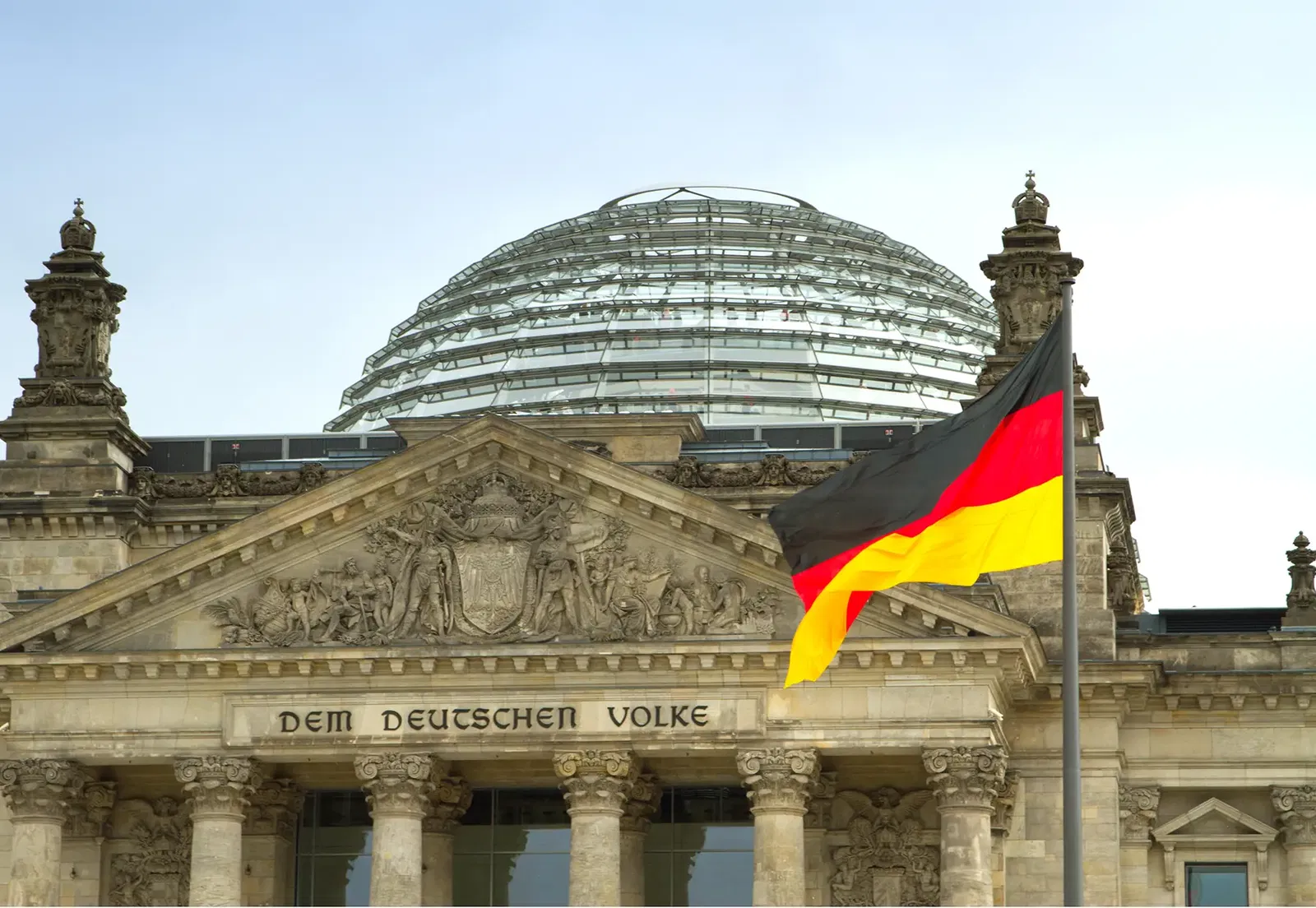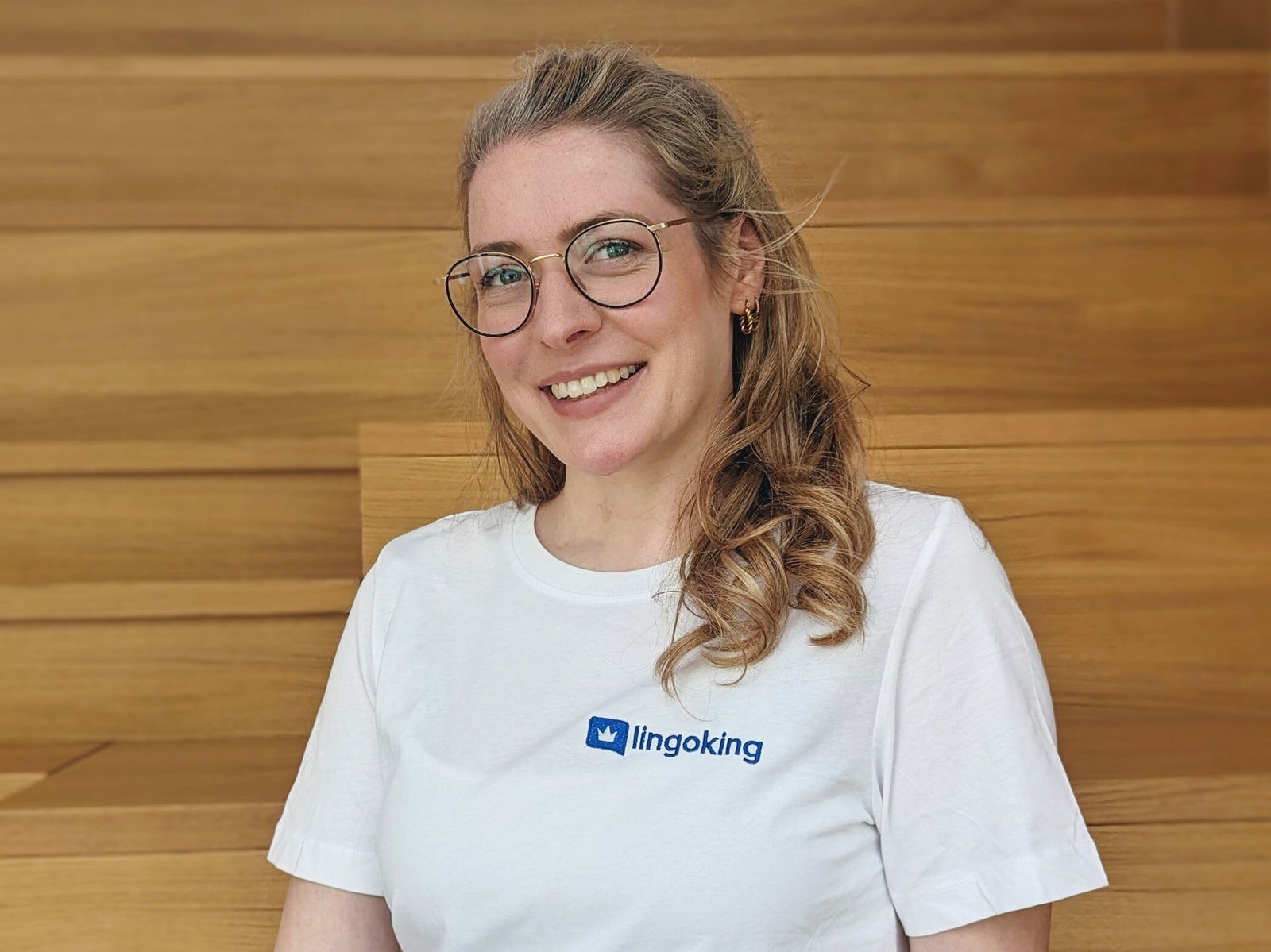
Chancenkarte Visa Germany
Without immigration, Germany would face a shortage of around 16 million skilled workers by 2060, according to the Federal Ministry for Economic Affairs and Climate.
To counteract this development, Germany introduced the ‘Chancenkarte’ (= ‘Opportunity Card’) on 1 June 2024. Its purpose is to make it easier for skilled foreign workers to start their lives in Germany. Instead of having to find a job within their field of expertise in only three months, they now have one year to do so.
Read on to find out how the Chancenkarte works and how to apply for it.
Who can apply for the Chancenkarte?
The Chancenkarte enables skilled workers from non-EU or ‘third’ countries to enter Germany. There are two ways of qualifying for a Chancenkarte:
You have a professional or academic qualification from your country of origin that is fully recognised in Germany, or you already completed your university degree or professional qualification in Germany.
You can also prove that you are able to cover your living expenses for the entire duration of your stay in Germany.
You can tick off six points on the points system and meet these basic requirements:
- at least two years of vocational training or a university degree in your country of origin (must be state-accredited).
- basic German (A1) or intermediate English skills (B2), certified by a competent language institute (e.g., Goethe-Zertifikat, TestDaF, DSD, TOEFL, IELTS, Cambridge Certificate).
- proof of financial security, a blocked account or income through a part-time job (up to 20 hours/week).

Points system
You only need to collect points for Option 2 . To qualify for a Chancenkarte, you need to meet the basic requirements outlined above as well as a total of at least six points.
How it works:
4 points
- You have a university degree or professional qualification diploma from your country of origin (must be at least partially recognised in Germany).
- You work in a ‘regulated profession’, i.e., you are certified to practise a regulated profession (e.g., educator, nurse or engineer).
3 points
- You have five years of professional experience within the last seven years of the profession you trained for.
- You have German language skills at a B2 level.
2 points
- You have two years of professional experience within the last five years of the profession you trained for.
- You are no older than 35.
- You have German language skills at a B1 level.
1 point
- You work in a profession that is considered ‘a shortage occupation’ in Germany (e.g., doctor, teacher, IT specialist).
- You are between 35 and 40 years old.
- You have legally lived in Germany for at least six months at a time within the last five years (previous stays on a tourist visa do not count).
- You have German language skills at an A2 level.
- You have English language skills at a C1 level.
- Your spouse already meets the requirements for a Chancenkarte.
See if you qualify for a Chancenkarte here.
Benefits of Germany's Chancenkarte
The Chancenkarte makes it easier for foreign skilled workers to work in Germany. Until now, applicants from third countries had to find a job with a permanent employment contract in their field of work within three months to be able to live and work in Germany. The Chancenkarte gives job seekers one year to do that.
It also allows newcomers to Germany to work up to 20 hours a week and earn over 1,000 euros a month. This can be in a part-time job or ‘Minijob’, which allows you to earn up to 520 euros per month tax-free.
The Chancenkarte also lets Germany-based employers hire qualified workers outside the EU much quicker and with a lot less bureaucratic effort than before.
Applying for the Chancenkarte
You can apply for a Chancenkarte at your competent German mission (usually the German embassy) in your country of origin. Make sure to check their website or call ahead to find out which documents you need for the application process. You may have to make an in-person appointment to hand in your visa application along with other relevant documents.
Documents needed
We recommend you consult the website of your diplomatic mission for details on which documents you need to apply.
You will definitely need the following documents:
- a filled-in application form.
- your passport (valid for at least another six months).
- your graduation diploma, apprenticeship diploma, language certificates, details on previous stays, etc.
- proof of financial security.
- proof of health insurance.
You may also need:
- up to two biometric photos of yourself.
- proof of residence.
- your CV.
- a cover letter outlining why you are applying for a Chancenkarte.
Translation of your documents
Most diplomatic missions will ask you to submit your documents in German. That means you are in charge of having your documents (certified and) translated beforehand.
Once you have received your Chancenkarte and arrived in Germany, you can register for language and integration courses as an official ‘Opportunity Card’ holder. Not only will this make your life in Germany easier, but solid German skills will increase your likelihood of finding a job within your area of expertise so you can continue to live and work in Germany.
Costs
The visa application itself usually costs 75 euros. Add to that the costs to have your documents translated into German, which vary depending on the document’s scope and language combination. Calculate your document translation fees here.
More information & tips
See below for more helpful resources:
Skilled workers from third countries can come to Germany with the opportunity card without already having a job. To do so, you must either have a qualification recognised in Germany or achieve six points via the points system.
The visa application costs 75 euros. However, you also need to have your documents translated and certifed into German, which implies further costs. Furthermore, you need to provide proof of financial security, which is 1,091 euros per month and 13,092 euros for the entire duration of the visa (as of 2025).
You can apply for the Chancenkarte at the relevant German diplomatic mission abroad, usually at the German embassy in your country of origin.





